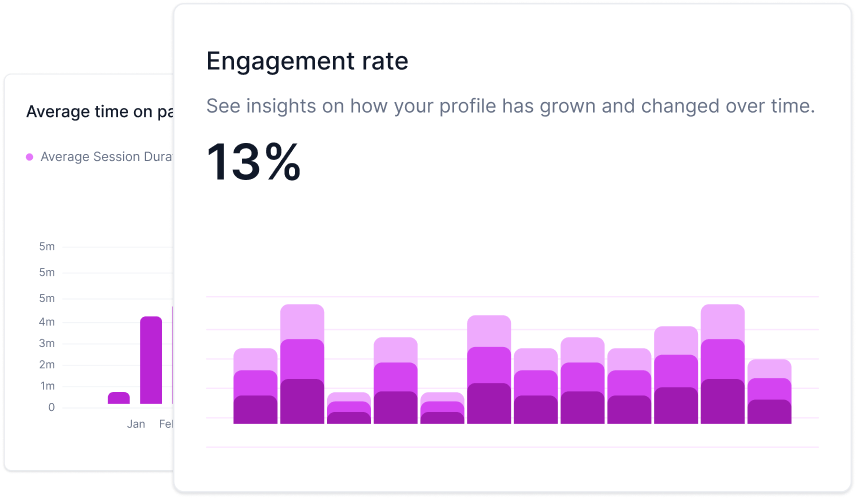What is Mobile Marketing?
Mobile marketing is a comprehensive strategy that involves reaching and engaging your target audience through mobile devices, such as smartphones and tablets. It encompasses a range of tactics, from mobile-friendly websites and apps to SMS campaigns and mobile advertising.
Why is Mobile Marketing Important?
Mobile marketing has become indispensable for several reasons:
- Mobile Dominance: The majority of internet traffic now comes from mobile devices. Ignoring this vast audience would mean missing out on a significant market share.
- Accessibility: Mobile devices are accessible virtually everywhere. Your audience can interact with your brand while on the go, at work, or relaxing at home.
- Personalization: Mobile devices offer unique opportunities for personalized marketing. You can send tailored messages and offers to users based on their location, behavior, and preferences.
- Instant Connectivity: Mobile marketing allows you to connect with your audience instantly. Push notifications and SMS messages can deliver time-sensitive promotions and updates directly to users' screens.
What are the Most Effective Mobile Marketing Strategies and Channels?
Success in mobile marketing depends on your strategies and chosen channels. Here are some proven tactics:
- Mobile-Friendly Website: Ensure your website is responsive and loads quickly on mobile devices. Google prioritizes mobile-friendly sites in its search results, so this is crucial for SEO.
- Mobile Apps: If relevant to your business, consider creating a mobile app. Apps provide a direct channel for engagement and can offer a seamless user experience.
- SMS Marketing: SMS messages have high open rates. Use them for promotions, appointment reminders, or personalized offers.
- Social Media: Utilize platforms like Instagram, Facebook, and Twitter for mobile advertising and engagement. Visual content often performs well on mobile.
- Location-Based Marketing: Send offers and promotions to users based on their location. For instance, a coffee shop might offer a discount when a customer is nearby.
How Can I Optimize My Website and Content for Mobile Users?
- Responsive Design: Ensure your website adapts to various screen sizes and resolutions. A responsive design guarantees a seamless user experience on any device.
- Mobile-Friendly Content: Craft concise, scannable content that's easy to read on smaller screens. Use legible fonts and clear visuals.
- Fast Loading Speed: Speed matters on mobile. Compress images, minimize redirects, and leverage browser caching to improve loading times.
- Mobile SEO: Optimize your site for mobile search engines. Focus on local SEO if your business has a physical presence.
- User Testing: Regularly test your website and content on various mobile devices to identify and resolve any issues.

